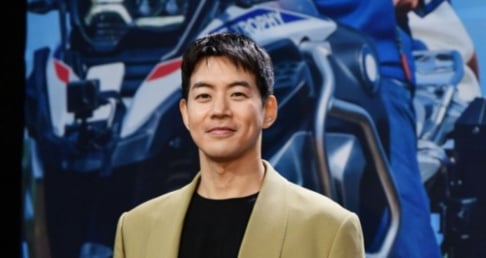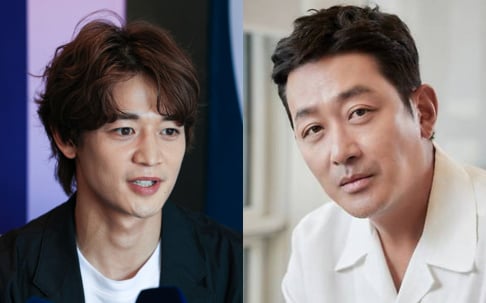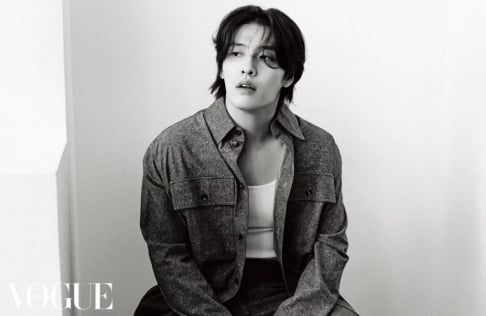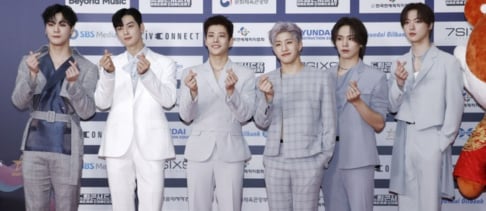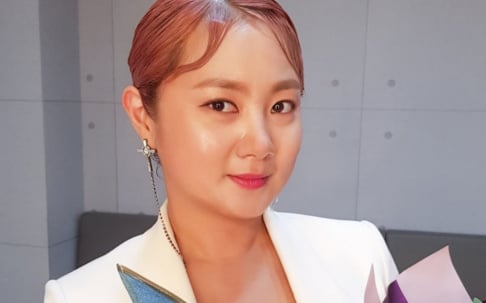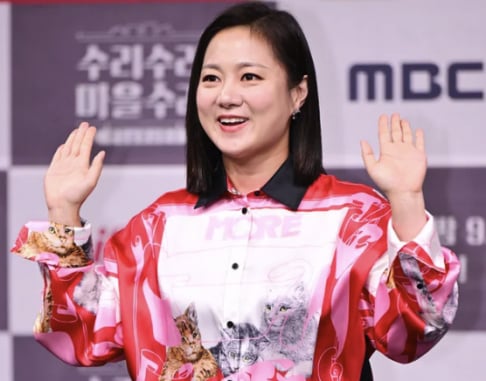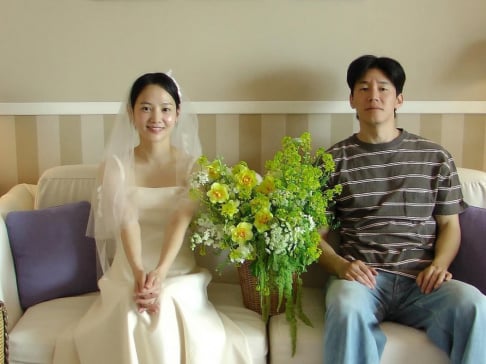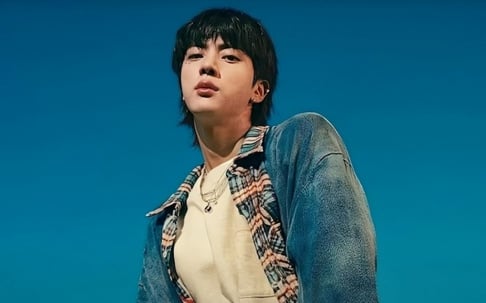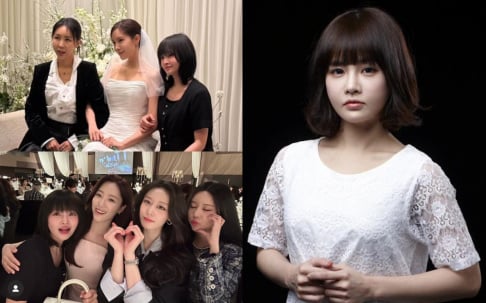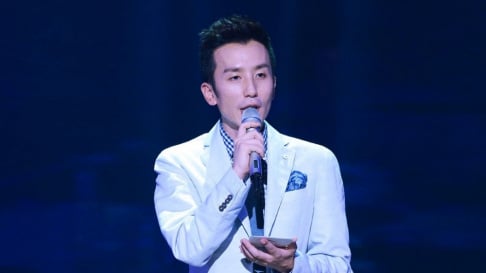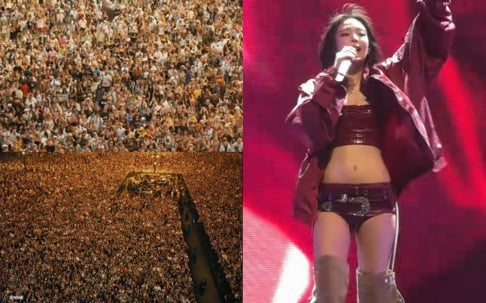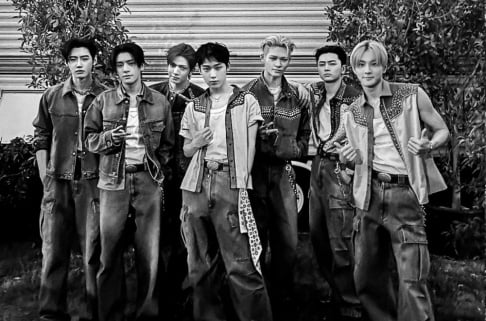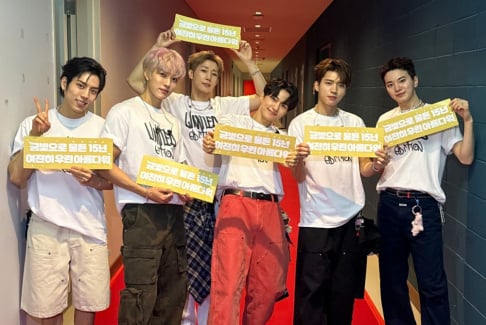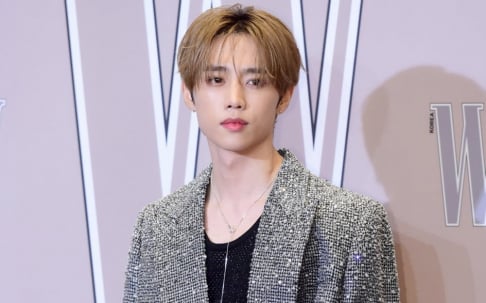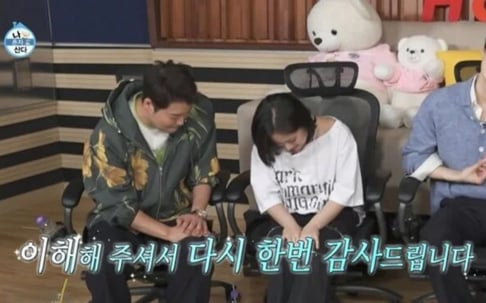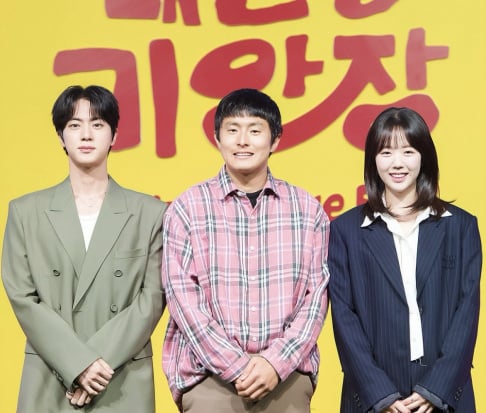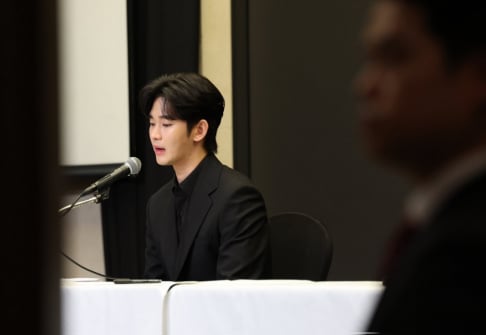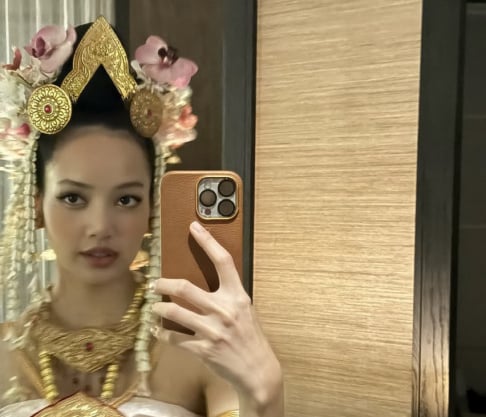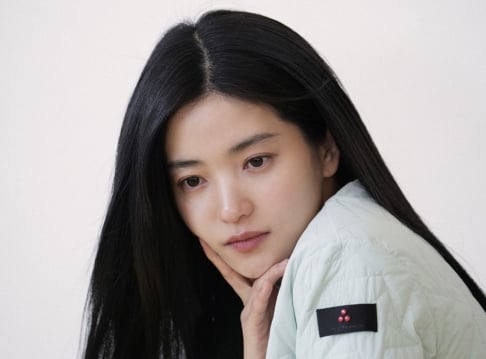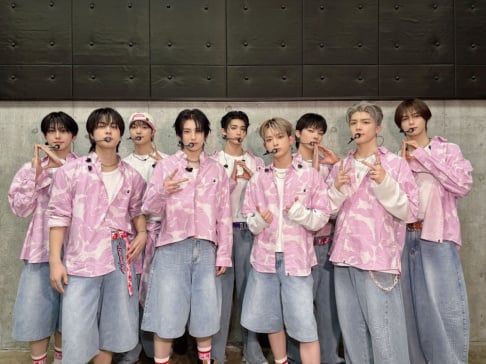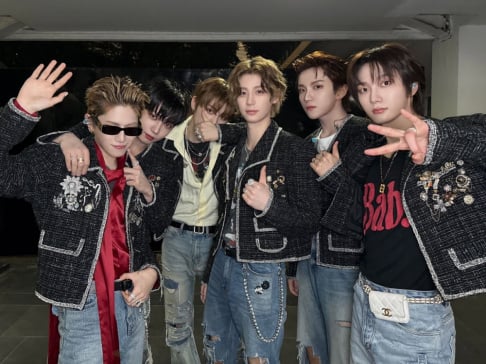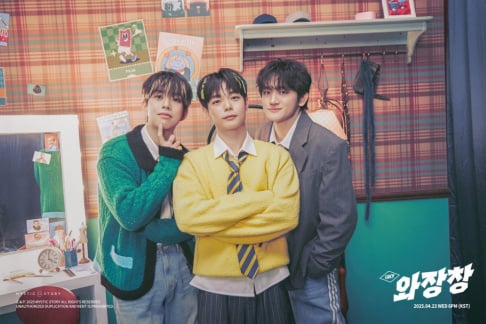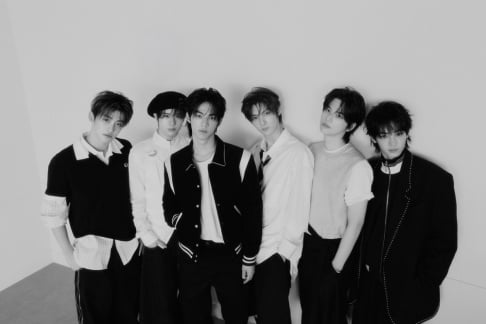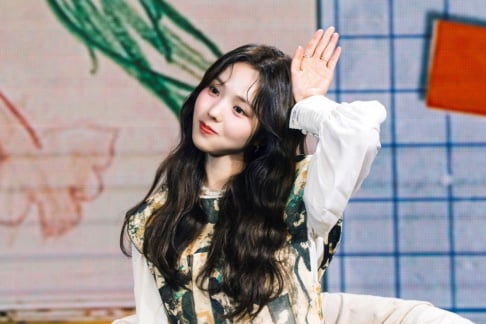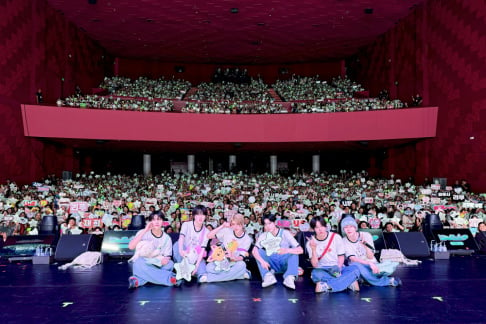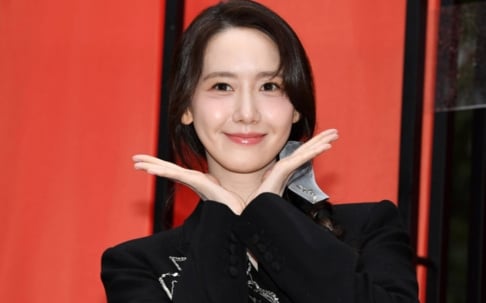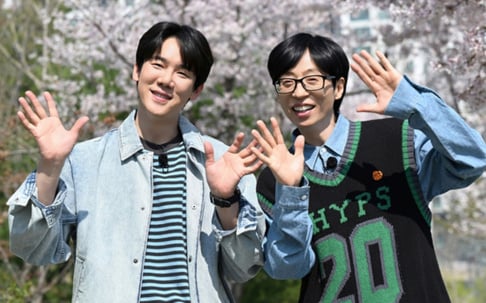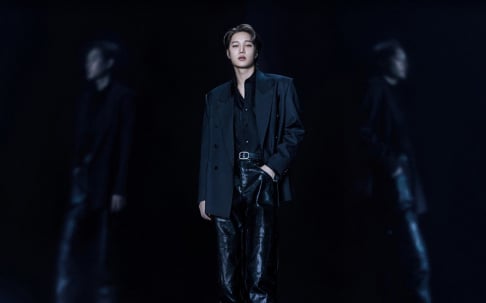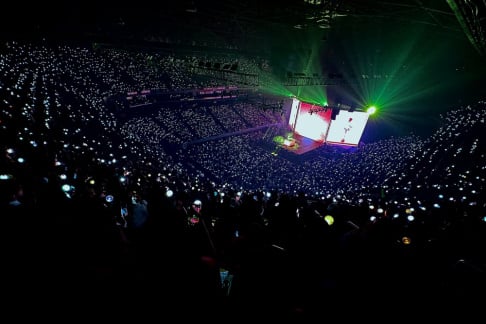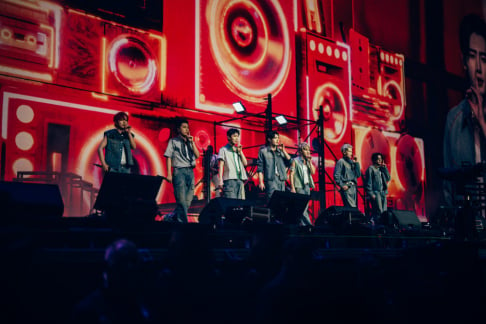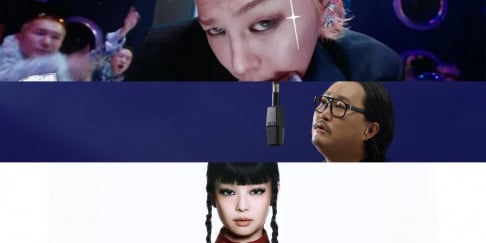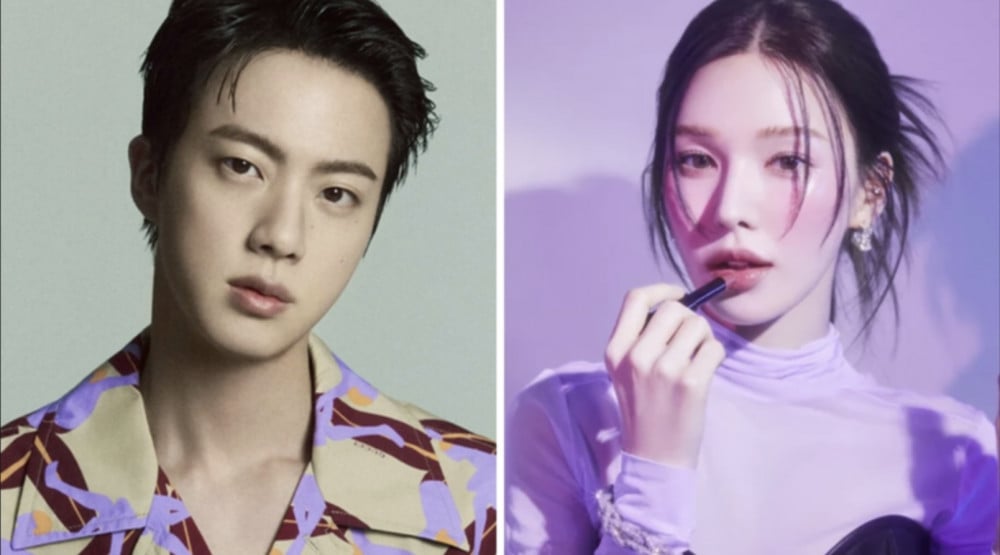
The global explosion of K-pop has thrilled fans with high-profile collaborations between East and West, merging different music styles and expanding audiences. Major K-pop artists like BTS, BLACKPINK, and TXT have made waves by teaming up with Western stars. For example, BTS collaborated with Megan Thee Stallion, Nicki Minaj, Lauv, Benny Blanco, and Snoop Dogg, while BLACKPINK joined forces with Selena Gomez and Lady Gaga. TXT has also worked with Anitta and the Jonas Brothers. Recently, news broke of another exciting collaboration between TWICE and Megan Thee Stallion, heightening fans' anticipation for fresh, genre-blending music.
While fans are excited by these cross-cultural collaborations, a rising sentiment among K-pop fans suggests a strong desire for more partnerships between K-pop artists themselves. This interest was notably reignited by the surprise announcement of BTS’s Jin featuring Red Velvet’s Wendy on his upcoming album.
Adding to the excitement, SHINee’s Minho recently revealed plans to feature aespa's NingNing and RIIZE's Sohee, stirring even greater enthusiasm within the K-pop community. These announcements have highlighted a demand for uniquely Korean collaborations that display the distinctiveness of K-pop while strengthening connections among local artists.
The focus on Western collaborations has raised questions about the evolution of K-pop's sound. Veteran K-pop icons like IU and BTS’s SUGA have a long history of collaborating with other Korean artists, with SUGA working with legends like PSY and actress Kang Sora. However, the recent uptick in collaborations with Western artists has led some fans to feel that these partnerships, while exciting, are becoming repetitive and may lack the uniqueness once associated with K-pop. Perhaps, as some fans speculate, this emphasis on global appeal has inadvertently diluted the "Korean" essence in K-pop.
This sentiment was echoed recently when SEVENTEEN released "LOVE, MONEY, FAME," featuring DJ Khaled. Fans expressed disappointment that DJ Khaled’s contribution was minimal, with many commenting, "Is this really a feature?" and "He just put his name alongside SEVENTEEN's." Such reactions reveal a growing sense that collaborations with international artists, while valuable, may sometimes fall short of fans' expectations.
The soaring popularity of K-pop on the global stage absolutely justifies these international collaborations, providing artists with new creative horizons and audiences. Yet, there’s an undeniable appeal—and perhaps even an urgent need—for more locally-driven partnerships. With BTS’s Jin teaming up with Red Velvet’s Wendy, we’re seeing a fresh, powerful wave of intra-Korean artist collaborations that’s striking a chord with fans worldwide. This isn’t just about combining star power; it’s about deepening the emotional resonance and cultural authenticity that first made K-pop so magnetic.
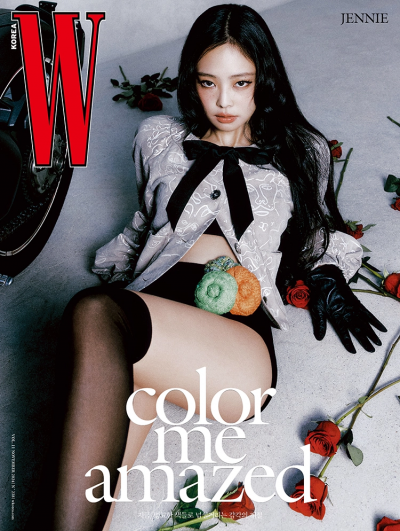
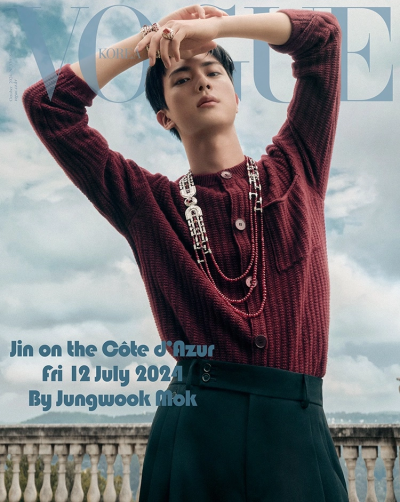
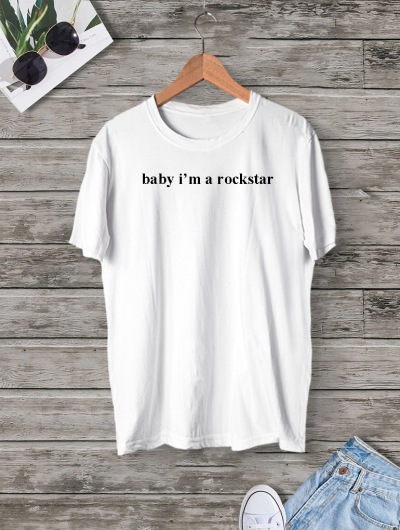
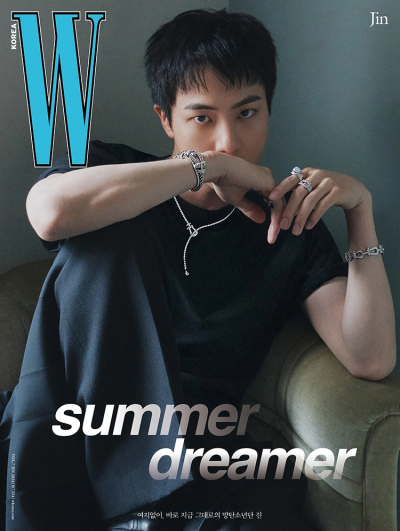
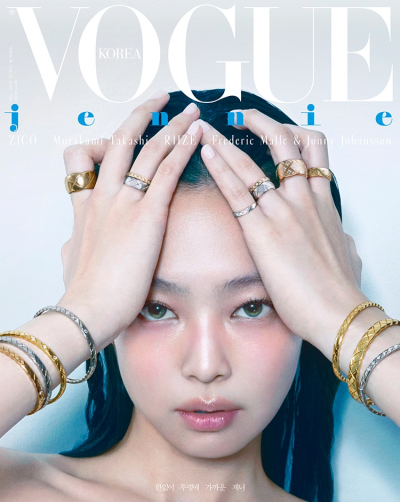
 SHARE
SHARE


